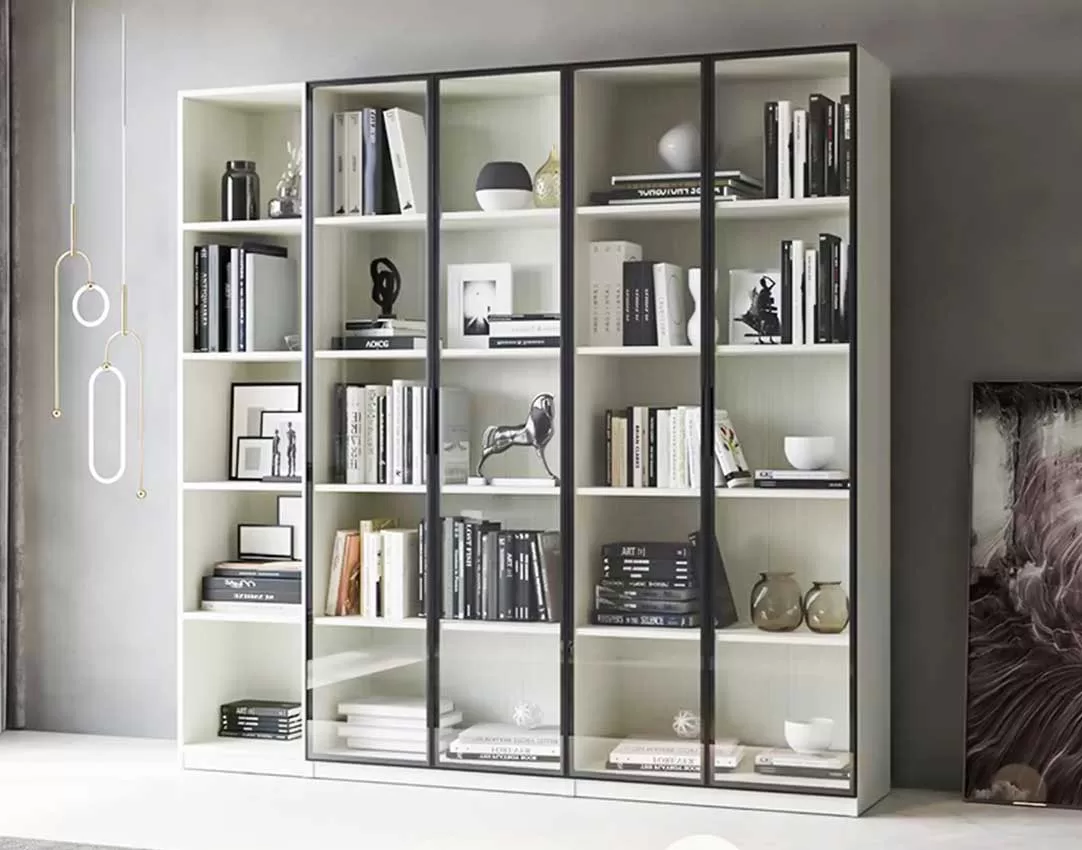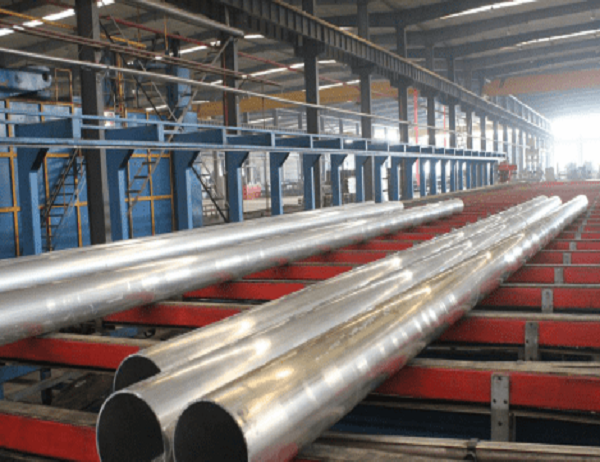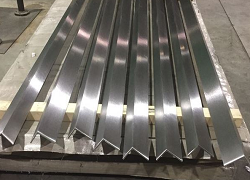Industrial Applications: The Versatility of Aluminum Moulding Profiles
In the realm of industrial manufacturing, aluminum moulding profiles have emerged as a versatile solution, providing an array of functional and aesthetic advantages. With their exceptional strength-to-weight ratio, corrosion resistance, and ease of customization, these profiles have become indispensable in a wide range of applications across various industries.
Aerospace
The aerospace industry demands lightweight and robust materials that can withstand extreme conditions. Aluminum moulding profiles meet these requirements, offering excellent structural integrity and durability. They are commonly used in aircraft fuselage frames, wing components, and interior panels, contributing to both aircraft performance and passenger safety.
Automotive
In the automotive sector, aluminum moulding profiles play a crucial role in vehicle design and functionality. Their lightweight nature reduces overall vehicle weight, improving fuel efficiency and performance. They are utilized in window frames, body panels, and structural components, enhancing both the aesthetic and structural integrity of automobiles.
Electronics
The electronics industry relies on aluminum moulding profiles to provide EMI shielding and heat dissipation. These profiles are integrated into electronic enclosures, circuit boards, and heatsinks, effectively managing electromagnetic interference and preventing overheating, ensuring the reliability and performance of electronic devices.
Medical
In the medical field, aluminum moulding profiles are crucial for their biocompatibility and resistance to harsh conditions. They are used in medical devices, implants, and surgical equipment, where precise dimensions and sterile surfaces are essential. The corrosion resistance of aluminum ensures the longevity and safety of medical components.
Construction
The construction industry utilizes aluminum moulding profiles for their versatility and durability. They are often incorporated into window and door frames, curtain walls, and exterior cladding. Their lightweight and corrosion resistance make them ideal for both architectural and structural applications, reducing maintenance costs and enhancing overall building longevity.
Furniture
The furniture industry embraces aluminum moulding profiles for their aesthetic appeal and structural strength. They are commonly used in furniture frames, chair legs, and decorative elements, offering both functionality and a modern, refined look. The ability to customize these profiles to unique designs allows for the creation of innovative and stylish furniture pieces.
Conclusion
The versatility of aluminum moulding profiles extends across numerous industrial applications, making them an indispensable material in the modern manufacturing landscape. Their combination of lightweight, corrosion resistance, strength, and customization options makes them the ideal choice for industries seeking high-performance and aesthetically pleasing solutions. As the demand for sustainable and efficient materials continues to rise, aluminum moulding profiles are poised to play an even more crucial role in shaping the future of industrial design.



